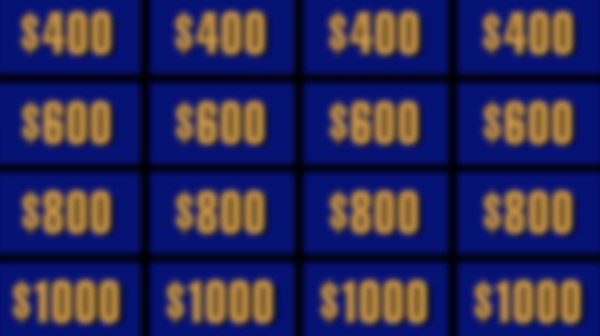Puffery is legal. But is it smart?
Late last year, a class action lawsuit charged Starbucks with falsely advertising its coffee as “the best coffee for the best you” on the grounds that it factually wasn’t. The suit sent a wake-up call to the company, but was dismissed in the Southern District of New York.
In its decision, the court characterized the Starbucks assertion as nothing more than “vague and commendatory language” that could be neither proved nor disproved and would mislead no one.
The trade term for such claims is “puffery,” which the National Advertising Division (NAD) of the Council of Better Business Bureaus defines as “a fanciful or exaggerated statement about a product, rather than an objectively verifiable claim.” Like the courts, NAD has no particular beef with puffery and has shot down similar complaints. Likewise, the National Association of Security Dealers, prohibits “exaggerated, unwarranted or misleading statements or claims, unwarranted forecasts, or projections of future performance” but does not treat mere puffery as an actionable offense.
But from where we sit, neither is it a smart strategy. Admittedly, differentiating a brand in a crowded marketplace can be a challenge. But one surefire non-starter is to toss around modifiers like “unequalled” and “unsurpassed” as in “unsurpassed access to capital markets” or “leverage our unequaled array of financial capabilities.”
These are rarely more than empty-calorie boasts, unsustainable, unprovable and unmemorable. They are not what strategic brand building is about.
A brand is a distillation of many elements—the value it delivers, the personality it projects, how it resonates with customers. The anchoring concept may be a promise, as in “Expect more. Pay less” (Target), an affirmation, as in “Be bold, venture wisely” (Bridge Bank), or an understanding of customers’ needs, goals and concerns: “TD Bank: Unexpectedly Human.”
In all cases, the brand should capture the essence of your business and what it’s about. How is your business different? What value does it offer? Why should people care? A brand won’t address any of those questions or make much of an impression through hollow assertions of uncontested superiority.
Some superlatives are provable, of course, as when a product, service or achievement is verifiably the first, the biggest or the only one of its kind. For decades, R.H. Macy legitimately branded itself as “the World’s Biggest Store” until it dropped to second place behind Shinsegae Centum City Department Store in South Korea. Square footage is square footage.
Many major companies and financial services firms have a house rule against including unqualified “we’re the best!” boasts in their advertising. From our perspective, that’s a smart policy. Let customers, industry watchers, trade publications and other unbiased outsiders confer the distinction on you. You needn’t do it for yourself. Nor should you try.




